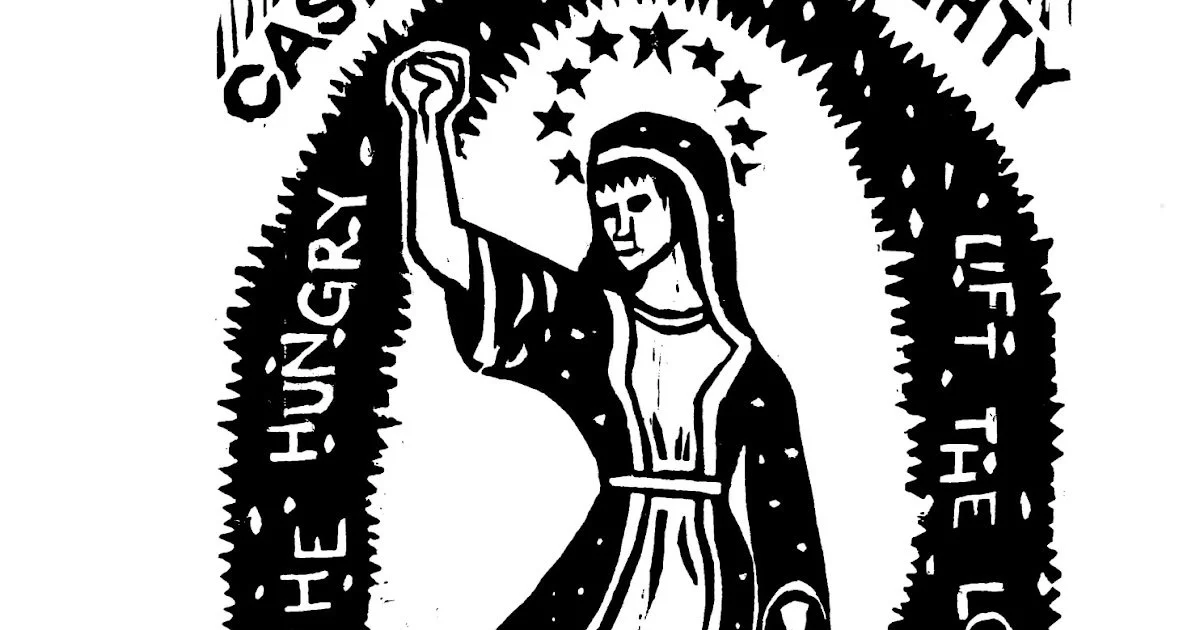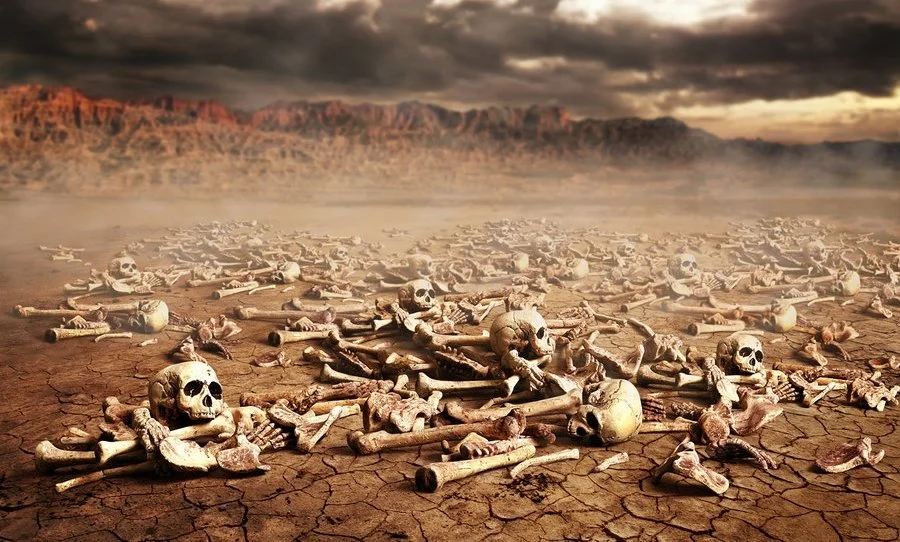A Sermon for Proper 10 (Year A)
We’re used to a world of clear cause and effect. “A” causes “B.” It’s a basic understanding of the universe that guides us in pretty much all the work we do. We think: If we can crack the code—if we can learn enough about “A”—then we can develop the right strategies, tools, and tricks, and we can accomplish “B”—what we want.








